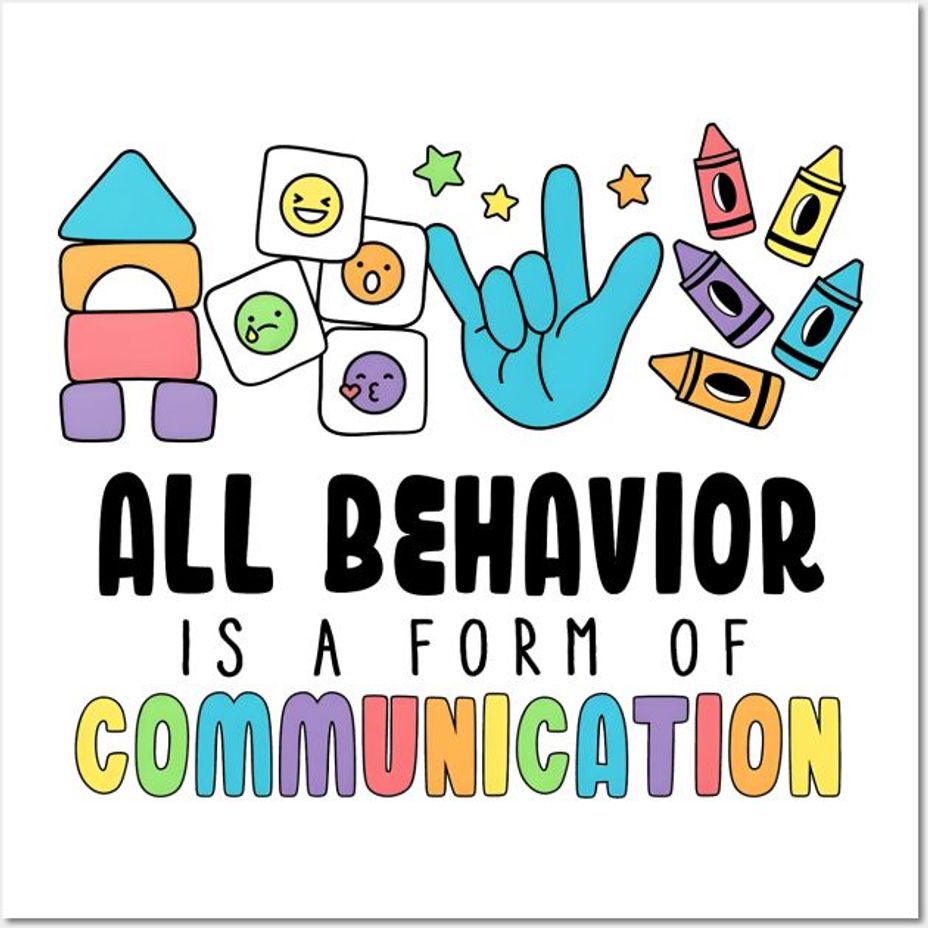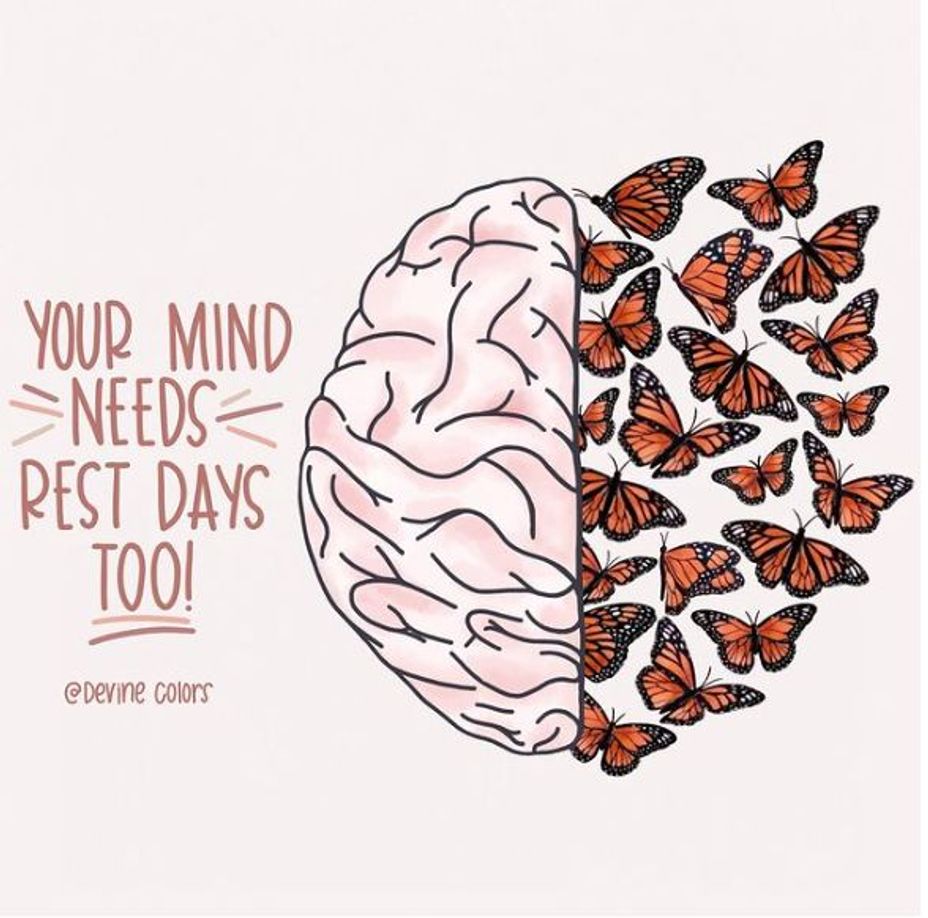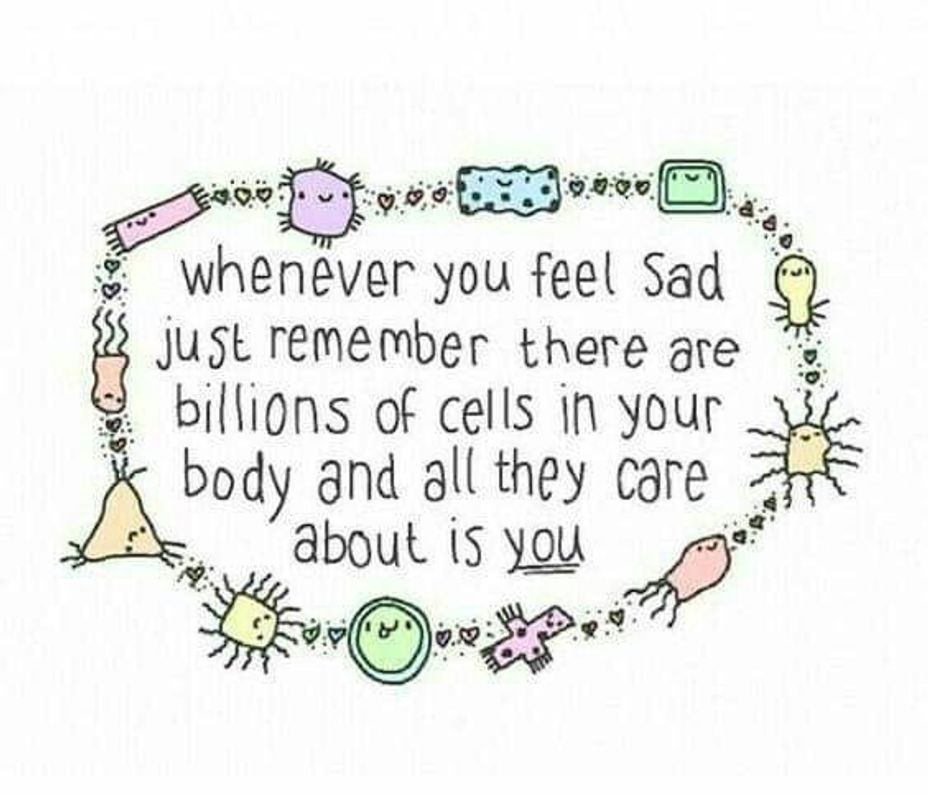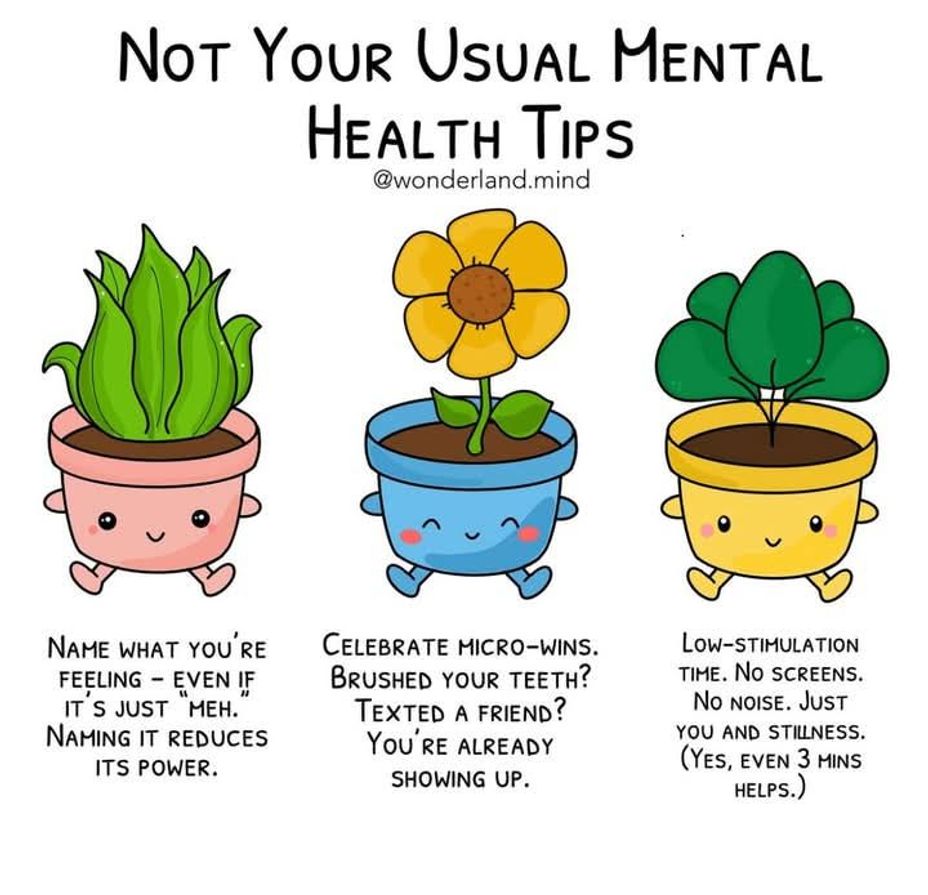Signs of dyscalculia at different ages Signs of dyscalculia at different ages
Signs of dyscalculia at different ages
Signs of dyscalculia at different ages

Signs of dyscalculia at different ages
Signs of dyscalculia at different ages

Dyscalculia or math anxiety? Compare the signs in kids
Dyscalculia or math anxiety? Compare the signs in kids


Saw this on Pinterest and thought it would be good to share here.
#neurodivergent #neurodiverse #Neurodiversity #NeurodevelopmentalDisorders #IntellectualDisability #IntellectualDisabilities #LearningDisability #LearningDisabilities #Disability #ADHD #audhd #Autism #AutismSpectrumDisorder #AspergersSyndrome #Aspergers #SensoryProcessingDisorder #Anxiety #Depression #ObsessiveCompulsiveDisorder #MentalHealth #Spoonie #MightyTogether #CheckInWithMe #DistractMe #Dyslexia #Dyscalculia #Dysgraphia #Dyspraxia #TouretteSyndrome #Hyperlexia #RejectionSensitiveDysphoria #RSD

Saw this on Pinterest and thought it would be good to share here. #neurodivergent #neurodivergent #neurodiverse #Neurodiversity #NeurodevelopmentalDisorders #IntellectualDisability #IntellectualDisabilities #LearningDisability #LearningDisabilities #Disability #ADHD #audhd #Autism #AutismSpectrumDisorder #AspergersSyndrome #Aspergers #SensoryProcessingDisorder #Anxiety #Depression #ObsessiveCompulsiveDisorder #MentalHealth #Spoonie #MightyTogether #CheckInWithMe #DistractMe #Dyslexia #Dyscalculia #Dysgraphia #Dyspraxia #TouretteSyndrome #Hyperlexia #RejectionSensitiveDysphoria #RSD
Stimming can be funny sometimes. I do a lot of verbal stimming. So a few times a day I'll sing the corn song from tiktok "It's corn! A big lump with knobs. It has the juice! (It has the juice) I can't imagine a more beautiful thing. It's corn! I can tell you all about it! I mean, look at this thing! When I tried it with butter, everything changed!" My spouse always laughs and now often joins me for this one. I'll also randomly say "woohoo!" (I play a lot of Mario Kart) And I hum one of the Pokémon route songs from the older games (can't remember which) What is one way you notice yourself stimming or what are some funny stims you have?
#neurodivergent #neurodiverse #Neurodiversity #NeurodevelopmentalDisorders #IntellectualDisability #IntellectualDisabilities #LearningDisability #LearningDisabilities #Disability #ADHD #audhd #Autism #AutismSpectrumDisorder #AspergersSyndrome #Aspergers #SensoryProcessingDisorder #Anxiety #Depression #ObsessiveCompulsiveDisorder #MentalHealth #Spoonie #MightyTogether #CheckInWithMe #DistractMe #Dyslexia #Dyscalculia #Dysgraphia #Dyspraxia #TouretteSyndrome #Hyperlexia #RejectionSensitiveDysphoria #RSD

Saw this on Pinterest and thought it would be good to share here. #neurodivergent #neurodiverse #Neurodiversity #NeurodevelopmentalDisorders #IntellectualDisability #IntellectualDisabilities #LearningDisability #LearningDisabilities #Disability #ADHD #audhd #Autism #AutismSpectrumDisorder #AspergersSyndrome #Aspergers #SensoryProcessingDisorder #Anxiety #Depression #ObsessiveCompulsiveDisorder #MentalHealth #Spoonie #MightyTogether #CheckInWithMe #DistractMe #Dyslexia #Dyscalculia #Dysgraphia #Dyspraxia #TouretteSyndrome #Hyperlexia #RejectionSensitiveDysphoria #RSD

Saw this on Pinterest and thought it would be good to share here. #neurodivergent #neurodiverse #Neurodiversity #NeurodevelopmentalDisorders #IntellectualDisability #IntellectualDisabilities #LearningDisability #LearningDisabilities #Disability #ADHD #audhd #Autism #AutismSpectrumDisorder #AspergersSyndrome #Aspergers #SensoryProcessingDisorder #Anxiety #Depression #ObsessiveCompulsiveDisorder #MentalHealth #Spoonie #MightyTogether #CheckInWithMe #DistractMe #Dyslexia #Dyscalculia #Dysgraphia #Dyspraxia #TouretteSyndrome #Hyperlexia #RejectionSensitiveDysphoria #RSD

Saw this on Pinterest and thought it might be good to share here. #neurodivergent #neurodiverse #Neurodiversity #NeurodevelopmentalDisorders #IntellectualDisability #IntellectualDisabilities #LearningDisability #LearningDisabilities #Disability #ADHD #audhd #Autism #AutismSpectrumDisorder #AspergersSyndrome #Aspergers #SensoryProcessingDisorder #Anxiety #Depression #ObsessiveCompulsiveDisorder #MentalHealth #Spoonie #MightyTogether #CheckInWithMe #DistractMe #Dyslexia #Dyscalculia #Dysgraphia #Dyspraxia #TouretteSyndrome #Hyperlexia #RejectionSensitiveDysphoria #RSD